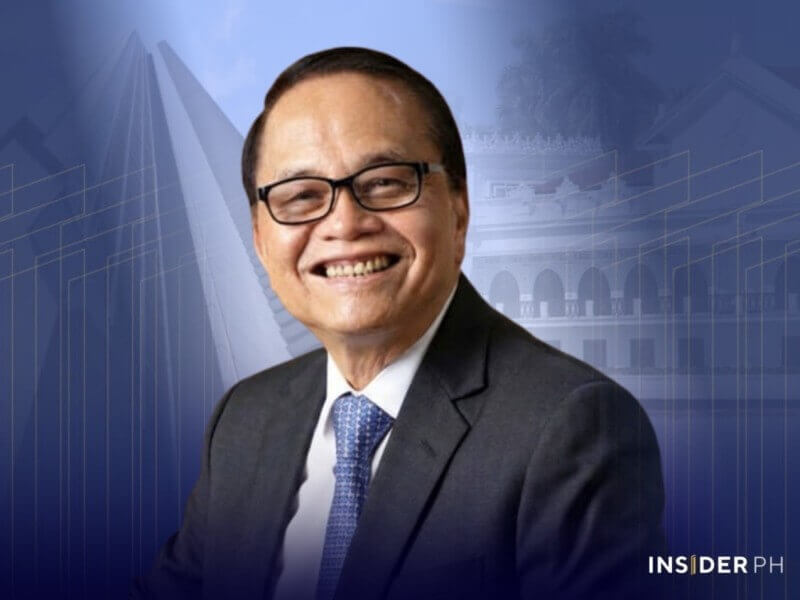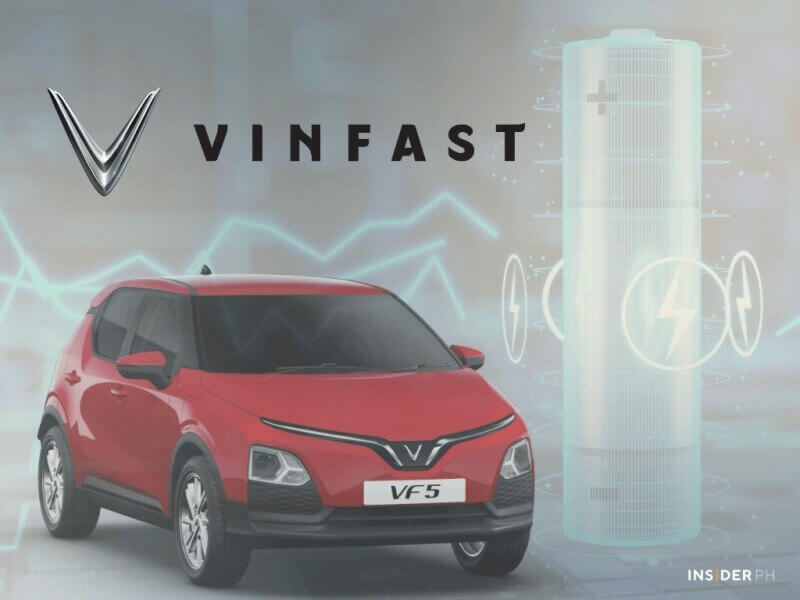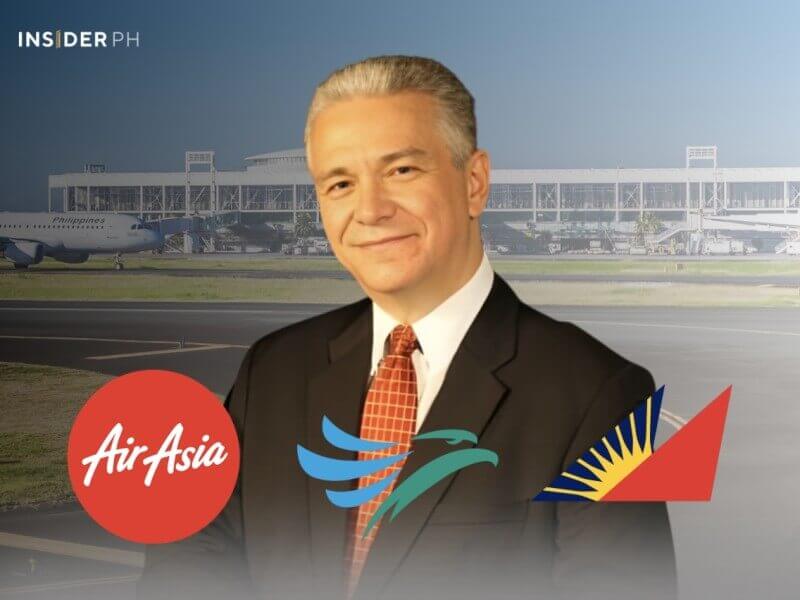Sunday, 1 February 2026
22 Jan 2026
7:21PM
DENZA names first PH dealers, Ayala takes 2 key sites
Ayala-led ACMobility secured two of DENZA’s first four dealership sites in the Philippines as the premium new energy vehicle (NEV) brand rolls out its initial retail network ahead of its formal launch.

21 Jan 2026
1:49PM
DENZA enters PH as BYD moves upmarket ahead of Q1 2026 launch
DENZA, the premium new energy vehicle (NEV) brand under China’s BYD Group, has confirmed its entry into the Philippine market.

15 Jan 2026
8:15AM
Grab expands EV push with GAC partnership
Grab, Southeast Asia’s leading superapp, has entered a strategic partnership with global electric vehicle maker GAC to deploy an initial 20,000 high-performance electric vehicles (EVs across the region, as both companies push to accelerate EV adoption and improve the ride-hailing experience.

7 Nov 2025
6:41PM
Toyota Motor Philippines joins EV race with launch of P2.7-M all-electric bZ4X
Toyota Motor Philippines (TMP), backed by the Ty family-led GT Capital Holdings, is taking a decisive step toward full electrification with the launch of its first battery electric vehicle (BEV), the all-new bZ4X, with reservations opening Nov. 7.

22 Oct 2025
1:04PM
Ayala-ADB’s $100-M EV deal wins award for driving PH’s electric shift
Conglomerate Ayala Corp.’s $100-million blended finance deal with the Asian Development Bank (ADB) and the Canadian Climate and Nature Fund for the Private Sector in Asia (CANPA) has been named the Philippines’ Transport Deal of the Year at The Asset Triple A Sustainable Infrastructure Awards 2025.

18 Sep 2025
5:41PM
Final ride: After P500k discounts, Ayala ends 12-year Volkswagen run in PH
Ayala, the country’s oldest conglomerate, tried to make Volkswagen work in the Philippines, but after a 12-year run, the German brand’s local ride is coming to an end.

15 Aug 2025
6:42AM
Wells Fargo rolls out EV shuttle fleet to boost mobility, cut emissions
Wells Fargo Philippines has rolled out its first fleet of electric buses, expanding its free employee shuttle service with low-emission transport options aimed at improving mobility, efficiency, and air quality.

30 Jul 2025
2:34PM
Meralco taps Vietnam's V-Green, Green GSM to drive EV shift in PH
Manila Electric Co. (Meralco) has forged a strategic partnership with two Vietnam-based companies to help accelerate the country’s transition to cleaner, more sustainable transportation.

23 Jun 2025
8:18AM
DTI seeks FIRB nod on EV plan to deliver ₱120B in investments, 680,000 jobs
The Philippines is expected to generate around 680,000 jobs and attract ₱120 billion in capital investment under the Electric Vehicle Incentive Strategy (EVIS), Trade Secretary Cristina A. Roque said, as the country positions itself as a key player in Southeast Asia’s EV manufacturing race.









